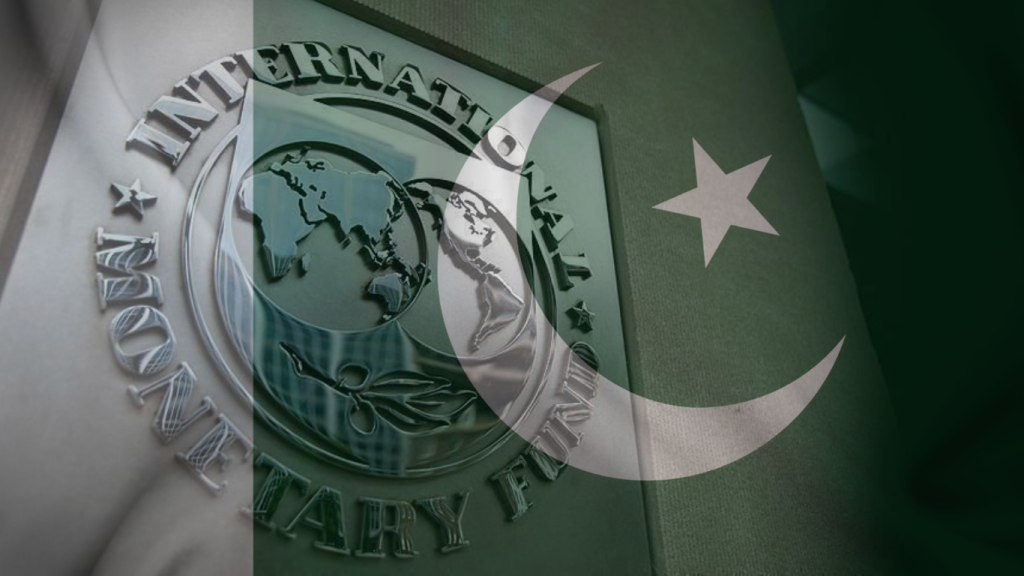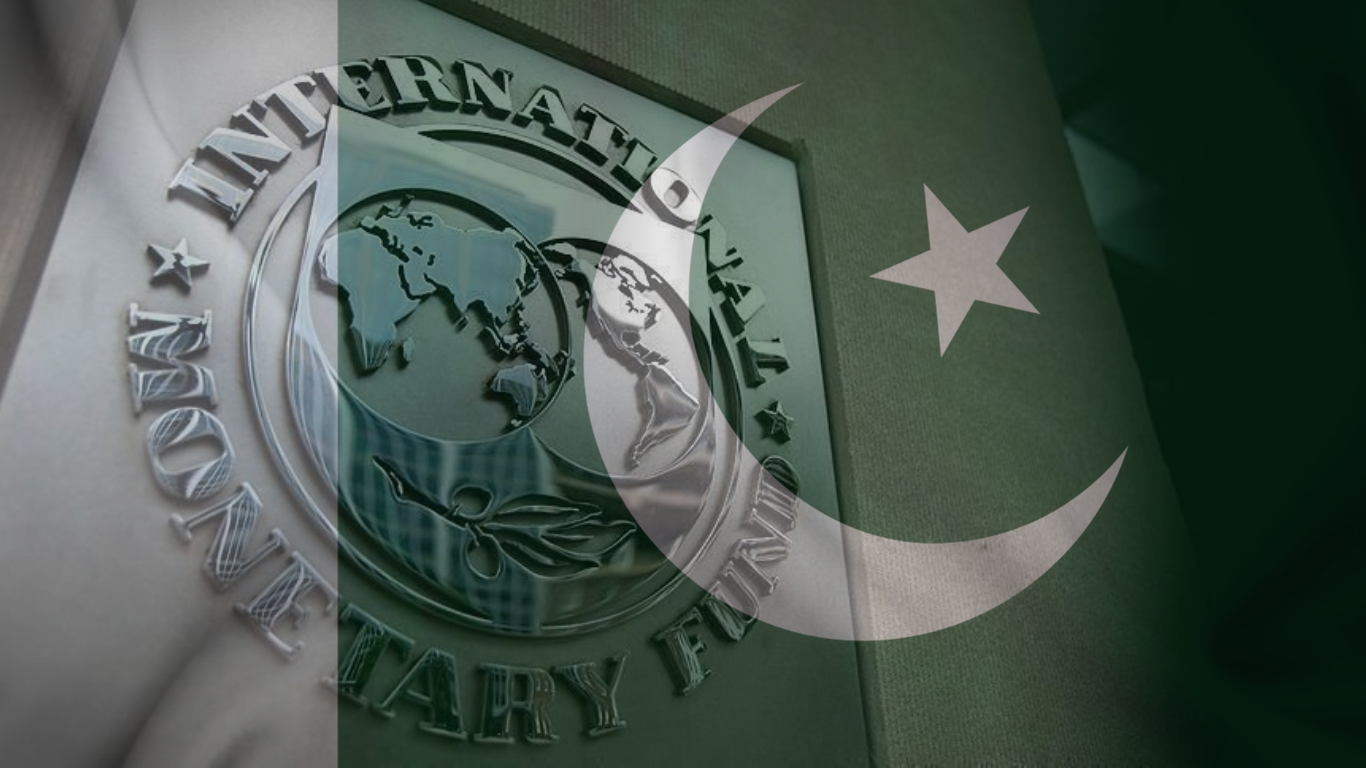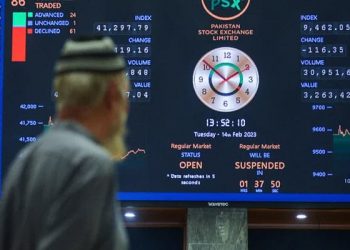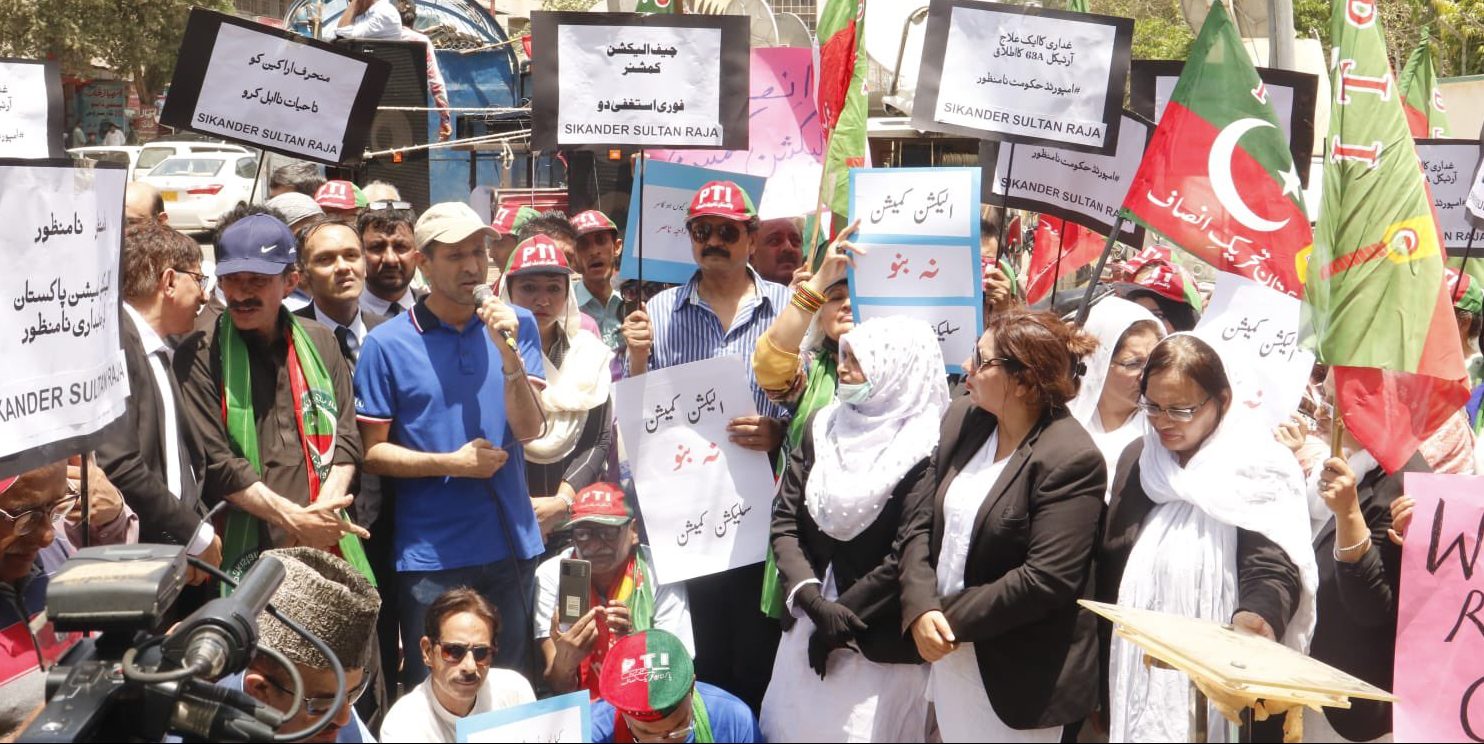The aftermath of Pakistan’s closely contested elections introduces a layer of political uncertainty that could potentially hinder the country’s efforts to secure a critical financing agreement with the International Monetary Fund (IMF).
Fitch Ratings highlights the importance of a new deal for Pakistan’s credit profile, suggesting that the path to an agreement, essential for staving off external liquidity pressures and reducing default risks, may now be fraught with challenges.
THE CRUCIAL TIMING FOR IMF NEGOTIATIONS
As the Stand-By Arrangement (SBA) with the IMF draws to a close in March 2024, securing a successor arrangement becomes paramount. Fitch Ratings underscores the urgency of finalizing a new deal within a few months, cautioning that prolonged negotiations or failure to reach an agreement could exacerbate external liquidity stress and elevate the likelihood of default.
A GAZE INTO PAKISTAN’S EXTERNAL RESERVES
Recent months have seen an improvement in Pakistan’s external position, with net foreign reserves climbing to $8 billion as of early February 2024, a notable increase from the previous year’s low. However, Fitch Ratings points out that these reserves are still insufficient when compared to the looming external funding needs expected to outstrip reserves in the coming years.
THE FUNDING CHALLENGE AND POLITICAL LANDSCAPE
The analysis by Fitch reveals that Pakistan has secured less than half of its required $18 billion funding for the fiscal year ending June 2024 (FY24), highlighting the critical need for financing from multilateral and bilateral partners. The election results, pointing towards a coalition government, complicate the negotiation landscape, especially with the anticipated resistance to the stringent conditions likely attached to any new IMF agreement.
THE PATH FORWARD: NEGOTIATING WITH IMF
The negotiation of a successor to the SBA and adherence to its policy commitments are deemed crucial not only for securing IMF funds but also for unlocking other external financing flows. The political dynamics, particularly the strong showing by Imran Khan’s PTI party, add a layer of complexity to these negotiations. Fitch Ratings expresses optimism that a government will be formed promptly to engage with the IMF, despite the high risks to political stability and potential public discontent.
ECONOMIC REFORMS AND THE ROAD AHEAD
The completion rate of IMF programs by Pakistan has historically been low, yet there is a perceived stronger consensus within the country on the need for economic reforms. This consensus is critical for the successful implementation of any successor arrangement with the IMF. Fitch Ratings also warns of the potential for policy risks to re-emerge if external liquidity pressures ease without substantial structural improvements in Pakistan’s economy, such as increased export income, foreign direct investment (FDI), or reduced import dependence.



















